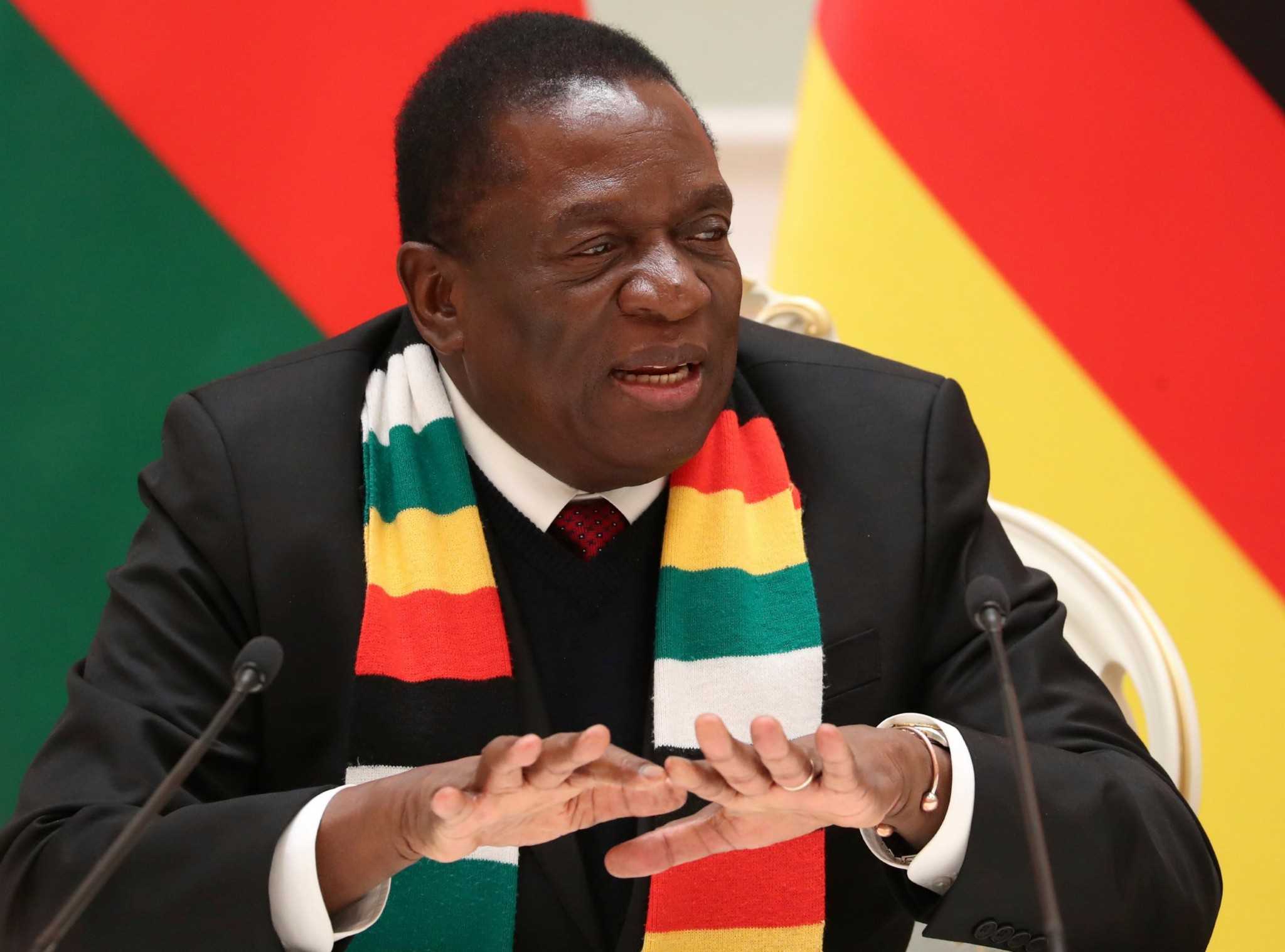
President Emmerson Mnangagwa has projected a 6.6% economic growth rate for 2025, driven mainly by strong performance in agriculture and mining, while announcing that Zimbabwe’s foreign currency reserves have risen to US$900 million — the highest level in recent years.
Addressing a joint sitting of Parliament during the State of the Nation Address and the official opening of the Third Session of the Tenth Parliament on Tuesday, Mnangagwa said the economy continues to show “sustained stability” under the gold-backed Zimbabwe Gold (ZiG) currency introduced in 2024.
“The country’s foreign currency reserves increased to about US$900 million as at the end of September 2025, up from US$700 million in June,” Mnangagwa said.
He added that the World Bank had ranked Zimbabwe first among countries that made the most progress in strengthening foreign currency reserves.
The President further reported that total foreign currency inflows had reached US$10.4 billion by August 2025, marking a 26.8% increase from the same period last year.
Agriculture and Mining Expected to Drive Growth
Mnangagwa attributed the projected growth to a rebound in agriculture, citing improved maize, wheat and tobacco output under the Agriculture, Food Systems and Rural Transformation Strategy.
He noted that more than three million households had benefited from the Pfumvudza/Intwasa Programme, while national irrigation capacity expanded from 151,000 hectares in 2019 to 221,000 hectares in 2024.
The livestock sector also recorded gains, with the national herd rising to 5.7 million and annual milk production increasing from 76.7 million litres in 2019 to 115 million litres in 2024.
On mining, he said the sector continues to attract new investment in gold, lithium, iron and steel, contributing to job creation and export earnings. The Mines and Minerals Amendment Bill currently before Parliament is expected to tighten environmental compliance and curb illegal mining activities.
In manufacturing, Mnangagwa reported a 15.3% contribution to GDP, crediting new investment in steel, cement, textiles, pharmaceuticals, and dairy processing.
Infrastructure projects highlighted included upgrades to the Harare–Chirundu and Bulawayo–Victoria Falls highways, border post expansions, and the construction of urban road interchanges.
He also pointed to increased national energy access through Independent Power Producer (IPP) projects and pipeline upgrades, which have expanded annual fuel handling capacity from three billion to five billion litres.
Related Stories
On tourism, Mnangagwa referenced Zimbabwe’s recent recognition by Forbes Magazine as the “Best Must-Visit Destination in the World,” urging Parliament to expedite the Tourism Amendment Bill.
The President also noted progress in digital transformation, including the adoption of a National Artificial Intelligence Strategy and the rollout of the Digital Ambassadors Programme to support youth innovation.
Analysts Raise Concerns Over Key Omissions
Despite the positive projections, economic analyst Nqobizitha Mlambo criticised the SONA for failing to address what he described as “critical fiscal, debt, and health policy gaps.”
Mlambo said he was concerned that the Public Finance Management (PFM) Amendment Bill — which is expected to align public financial accountability frameworks with constitutional requirements — was not mentioned.
“This omission is worrying because our existing Public Finance Management Act is not aligned with the Constitution,” he said. “Reforming it is key if transparency in public spending is to be achieved.”
He also questioned why the President did not address Zimbabwe’s public debt.
“Government estimates public debt at US$21 billion, while the IMF places it at US$23.3 billion. Without clarity, accountability becomes difficult,” he said.
Mlambo further noted that the SONA did not reference the National Health Insurance Bill, which is seen as vital in addressing the country’s strained healthcare system.
“Zimbabwe needs a fully funded national health insurance system urgently. We continue to call to #FixOurPublicHealthCareZW,” he said.
Inclusive Growth Still Needed
Mlambo acknowledged the manufacturing gains highlighted in the address, but urged authorities to ensure that economic growth translates into improved living standards.
“One hopes this growth will lead to job creation, food and energy security, and better public services such as clean water, functioning streetlights, and reliable public transport,” he said.
He added that the 2026 national budget should focus on research and development, as well as revitalising state-owned enterprises.
“The budget must show how state enterprises will be capacitated to create jobs and support industrial transformation,” Mlambo said.










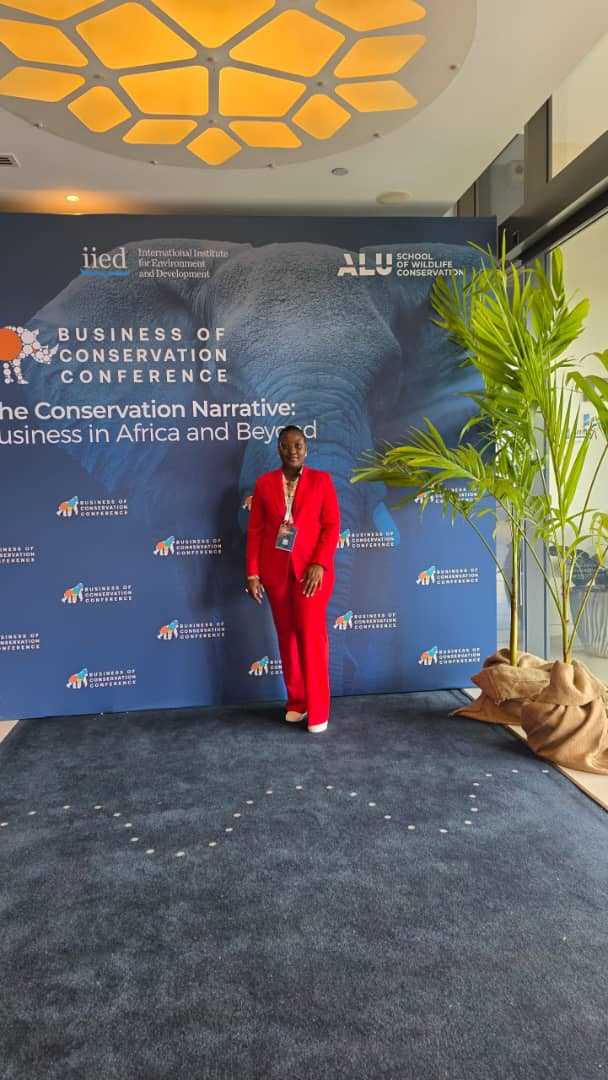
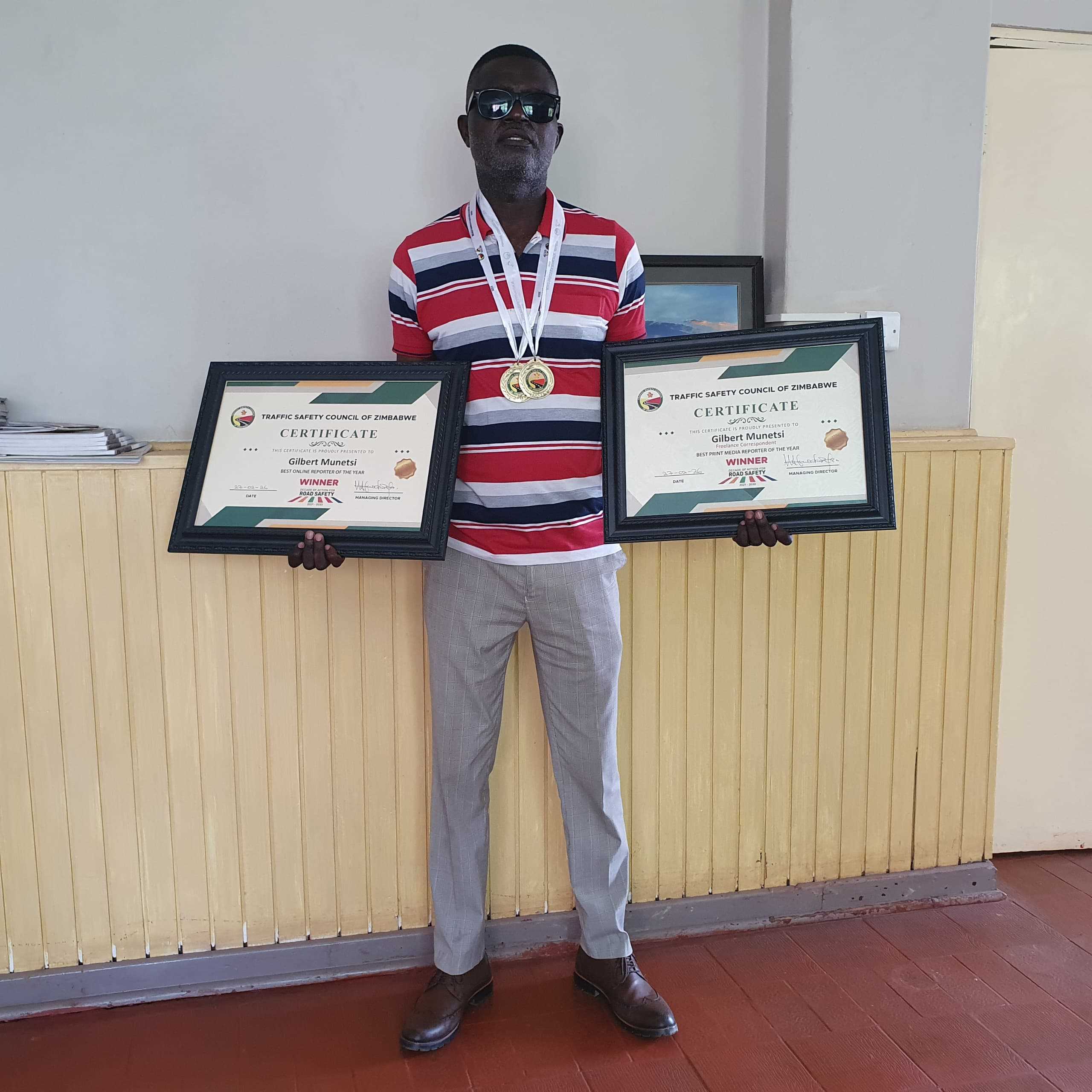
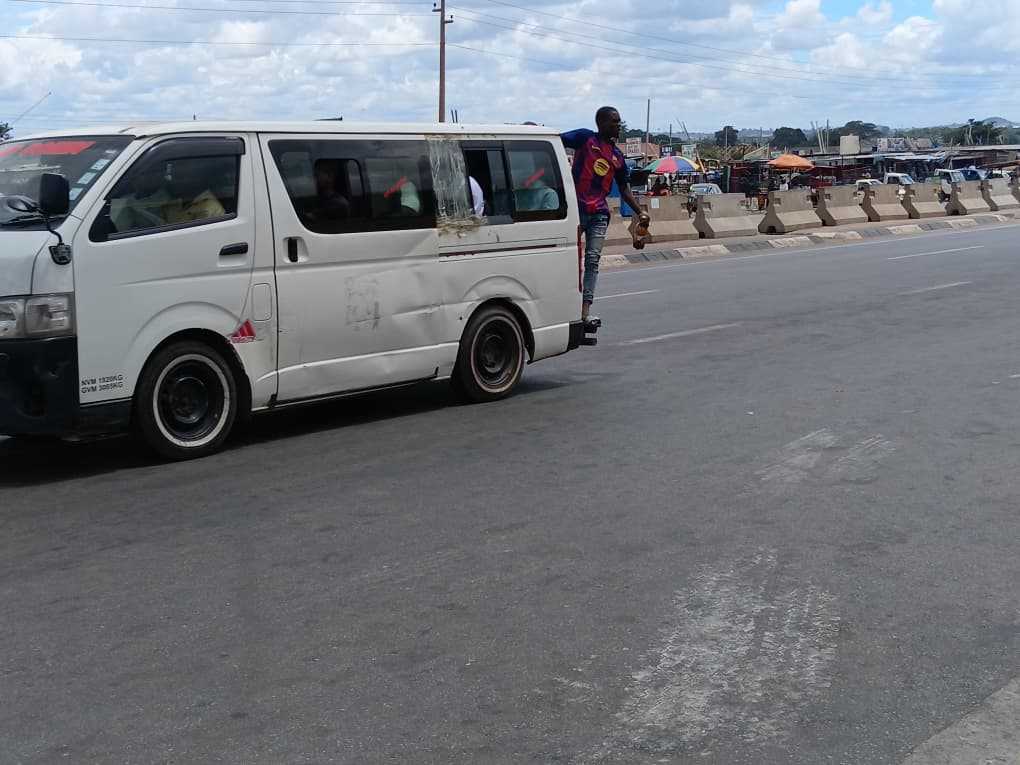

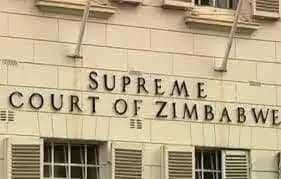
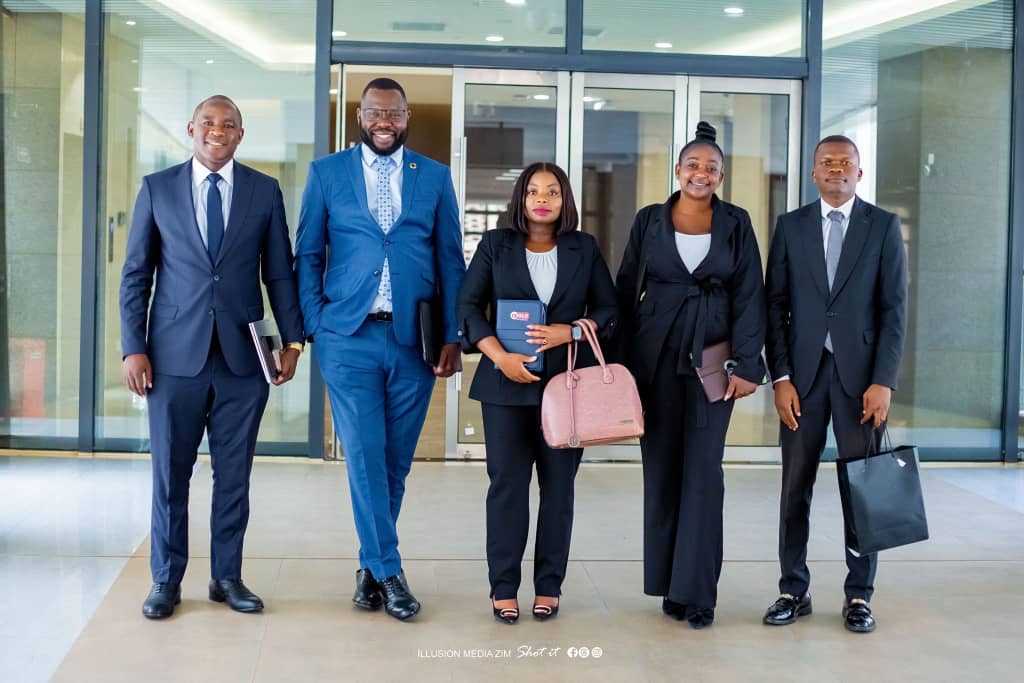


Leave Comments